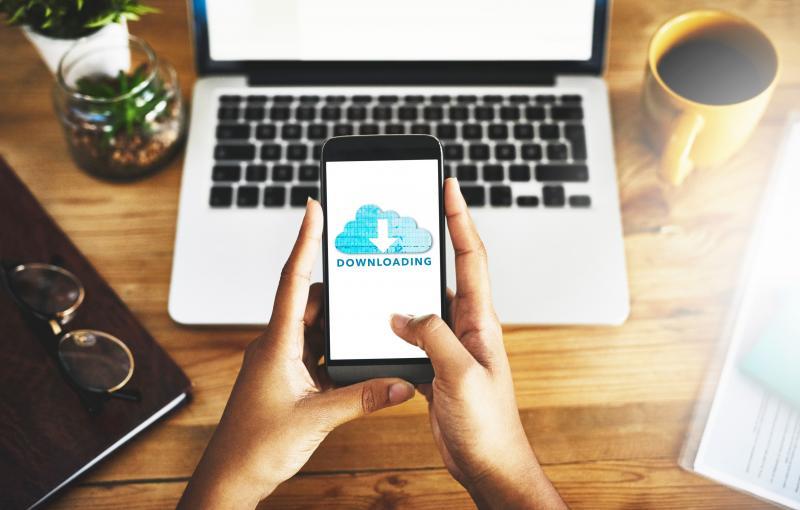
What actually is cloud computing?
28 Mar 2018
The ‘cloud’ and ‘cloud computing’ are real buzzwords right now, but what does do they actually mean and how does it impact our everyday lives?
Cloud computing is the delivery of on-demand computing services. To put it simply, cloud computing gives you the ability to store and access your data over the internet, instead of through your computer's hard drive (which is considered local computing). Cloud computing can be done anywhere, anytime as long as you have an internet connection.
Just to be clear, we are talking about cloud computing for individuals, those of us who use the internet in our everyday lives for social media, streaming Netflix and storing images or files– not cloud computing for businesses. This is a whole other world of Software-as-a-Service (SaaS), Platform-as-a-Service (PaaS) and Infrastructure-as-a-Service (IaaS) – that on this occasion, we’re not going to discuss in detail.
Chances are if you have an internet connection you're probably already using some form of cloud computing, even if you don’t know it.
some major examples of cloud computing
Google: Google Drive’s apps such as Google Docs, Sheets and Slides as well as Gmail, Google Calendar and Google Maps, are all cloud computing services.
Apple’s iCloud: This service stores, backs-up and synchronises your contacts, calendars, mail, images and so much more.
Drop Box: Stores a synced version of your files online and syncs these with your local storage.
Social media: Every time you upload an image, video or file to Facebook, Instagram or Twitter, you are technically storing that information and data on the platform, online.
what makes cloud computing so great?
1. Convenience
You can quickly access any information stored on cloud computing services anywhere, anytime (as long as you have an internet connection). Given the huge volume of digital stuff we accumulate these days, it makes sense. This also frees up space on your hard drive, allowing your device to run quicker.
2. Makes data backup easy
How many of us have lost our photos and contacts when we’ve broken our smartphones? Or lost important documents when our laptops unexpectedly conked-out? With everything backed-up on a cloud computing service, this is a thing of the past.
3. Ease
There is also very little effort on our part when it comes to managing and maintaining our data, and it’s effectively infinite in size.
are there any risks?
One of the biggest risks with using cloud computing services and storing your information online is surrounding security. By storing your information online you’re effectively putting all your faith in the provider to keep your private information safe. But with hacking becoming more common, even responsible companies are suffering from attacks.
Intellectual property rights are also a rising issue. Who really owns the data you store online? Is it you or the company storing it? The answer to this is still under debate.
what can we expect for the future?
As cloud computing continues to improve and evolve, it’s both making our lives more connected than ever and enabling the development of other new tech.
smarter homes
Improved connectivity thanks to cloud computing, means our homes are about to get even smarter. Picture a house where everything is connected through the cloud. From smart appliances (like TVs, fridges and coffee machines) through to lights that switch off when they’re no longer needed, heating that turns on when you are close to home and security systems that ensure your house is locked-up once you leave.
flexible work
Thanks to cloud computing services, workers can easily access everything they need for work, even when working remotely, creating greater flexibility.
better education
Tablets and smartphones are beginning to replace traditional textbooks in the classroom. Soon we’ll see school’s resources and tools being stored online via cloud computing platforms. These ‘virtual lockers’ are especially beneficial to students in rural areas.


